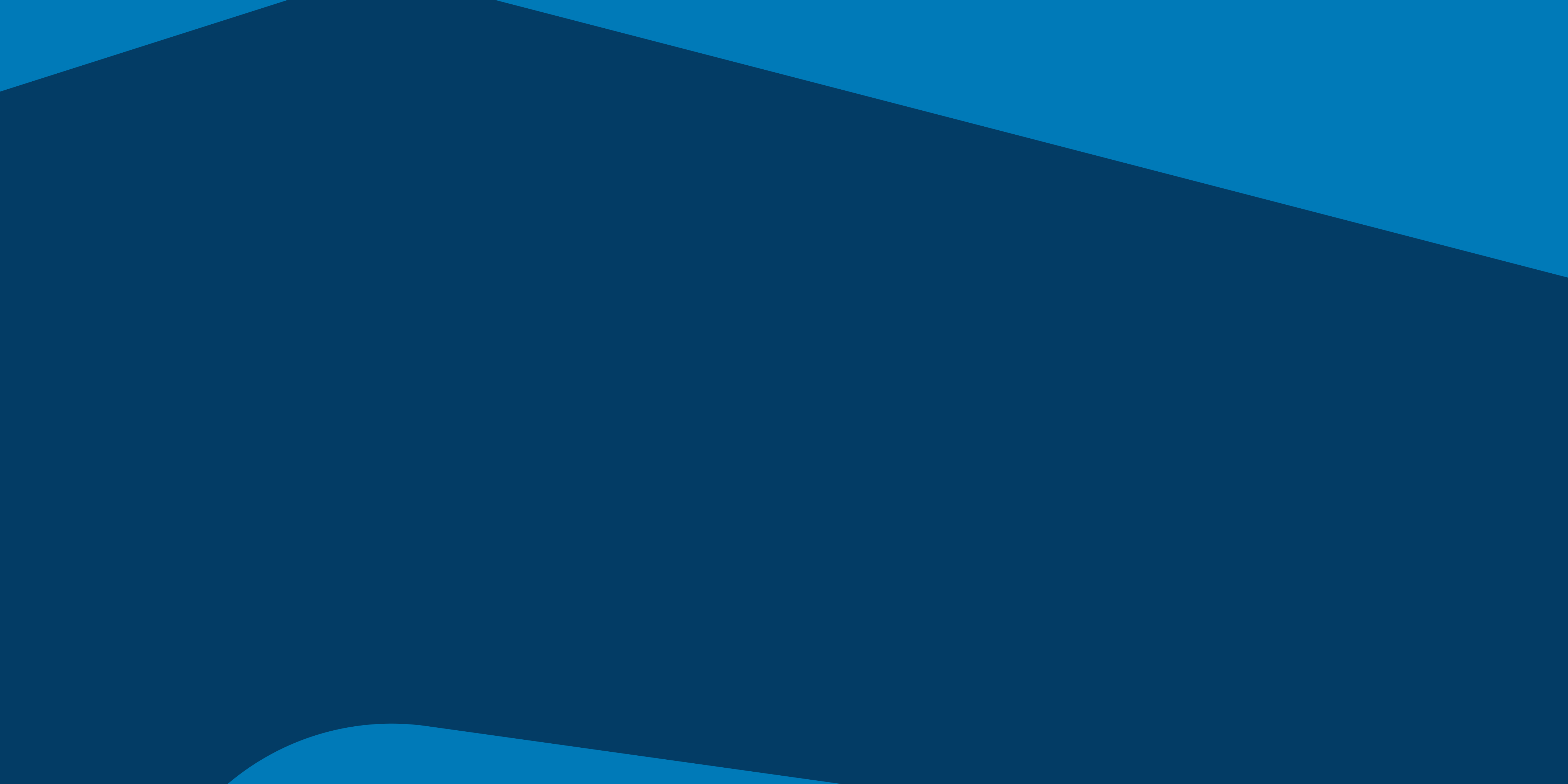Action learning is a hands-on process meant to teach your team members how to think for themselves. It empowers your people to solve problems, build confidence, and make your organization more productive and innovative overall.
(Need more background? Read this in-depth article on how action learning works. )
Still, for this process to be maximally effective, you’ll need someone to set guardrails, facilitate growth, and provide mentoring. In other words, you’ll need a coach.
But how do you ensure your employees are eager to engage with a coach? For better or for worse, reporting to a supervisor of any sort can be a source of dread rather than a time to feel excited about growth for many employees. Luckily, action learning coaching is an interactive and collaborative alternative to traditional and hierarchical training.
What action learning coaching is
Action learning coaches help teams come up with their own answers, rather than tell them how to do something or even what to do. The key to an effective coaching conversation is asking the right questions in the right way at the right time.
Action learning projects are all about achieving results on very specific initiatives, as well as bringing together unique teams to do so. As such, coaches for these projects need to be more specialized in their roles and able to work with a wide array of personality types.
Just as importantly, they need to ensure all these people work together to complete the task at hand in an efficient manner. It’s about leading an entire team through an action learning project, rather than just a single individual.
It’s about facilitating the performance, learning, and development of another person on your team. You help them map out different routes of success and empower them to choose the one they believe will prove most efficient.
“Give someone a fish, they eat for a day—teach someone to fish, they eat for a lifetime.” Action learning coaches are there to do the latter. For that matter, teaching is just one component of coaching in the action learning process. What coaching is primarily about is unlocking someone’s innate potential to maximize their performance on their own.
Why to use action learning coaches
Engaged employees who work collaboratively with coaches deliver higher quality work and are more productive overall. When a knowledgeable coach connects with a team member, they can help them work through problem areas and improve their strengths.
Since action learning most often happens in team environments, coaches are even more important than they would be in an individual, case-by-case environment. They’ll help coordinate efforts between different personality types and skill sets to ensure everyone stands to profit as much as possible from any given project.
How to use action learning coaches with Totara
Totara Engage is an LXP you can use to unite and upscale your workforce. Through this platform, action learning teams can assemble as well as identify people within their organization who have the expertise to coach them. This adds a personal touch and a feeling of agency in the process for the trainee. Both parties will then come together in a private workspace to work through relevant content and track goals against metrics.
When it comes to action learning in particular, this is absolutely essential. You have a specific project. As the group assembles to work through their specific project, having the resources to track progress in tangible ways, as well as in real time, is a major boon to productivity. This ensures a seamless action learning process from assembling the team, selecting a coach, meeting often, and moving through the individual project at a reasonable pace.
The platform is also very adaptable, so you’ll have the ability to set your organization’s unique metrics for success. The same goes for the coaching process itself. You’ll have free rein to tailor coaching selection and learning practices to your specific work culture and needs.
In addition to Totara Engage, Totara Learn can also help you prepare your employees to serve as coaches in the future too. By taking courses through the platform, they can gain skills in mentoring others. Individual team members and managers can then identify coaches, perhaps through an open badge on their profile or a set of tags.
You could even set up an action learning initiative to train action learning coaches! Coaches can then be identified (perhaps through an open badge on their profile, or a set of coaching tags) by individual team members or by their managers.
Using the GROW model
If you’re planning to become an action learning coach yourself, consider using the GROW (Goal, Reality, Options, Wrap Up) model with your team members. The Totara Talent Experience Platform allows for you to use this or any other methodology to establish and track goals.
Start by asking where the team would like to get with the project assigned to them, as well as what will need to change to achieve a solution. Move on to analyzing what the reality of the situation is at present, as well as the challenges the team faces both externally and internally.
Facilitate brainstorming sessions so people can collaborate and find options for executing on their goals. Avoid answering questions—instead, try to ask questions yourself to point them in the right direction. Wrap up by figuring out an actionable strategy to go forward and achieve the initial goal.
Asking the right questions
Action learning coaches have a duty to avoid answering questions if possible.
This may sound counterintuitive, but it actually helps foster a spirit of collaboration and self-empowerment in your teams. Instead, coaches should try to ask questions themselves to point teams and individuals in the right direction.
When asking questions, make sure you query each person in an open-ended way. If you only ask “yes or no” questions, the person will think they only have binary choices. The whole point of action learning—and coaching—is to help people realize there are a lot of ways to crack an egg.
As a team leader, try to meld together different people’s strengths and weaknesses. Some may work best by making thorough pros and cons lists, others may like to act first and ask questions later. Certain team members may like to multitask, others may want to engage in sustained periods of deep focus. Your goal is to help find a way for people of different personality types and work styles to collaborate.
How the Totara Talent Experience Platform can help
Totara’s suite of products can help ensure maximum collaboration and enable premium coaching in a litany of ways.
For instance, Totara Engage has a skills dashboard where users can tag themselves as being able to perform certain things (i.e., noting where they would be ideal coaches). They can also indicate areas they’d like to improve themselves (i.e., noting where they would like to receive coaching).
You can also set up coaching workspaces for your teams within Totara Engage. You’ll have an easy time setting up your competency and skill measuring frameworks as well. Tracking performance in both informal and formal ways throughout the platform is easy, adaptable, and accessible to everyone. You’ll also have access to a robust collection of training resources (including on action learning coaching) within Totara Learn.
So are you ready to supercharge your team’s success? Use the Totara Talent Experience Platform to empower your team members! Premium coaching, collaboration, and continual success for your organization is on the horizon!
Interested in leveling up your own team with these sorts of exciting action learning initiatives? See how you can support this pragmatic process with Totara’s suite of products by signing up for a Community account!





